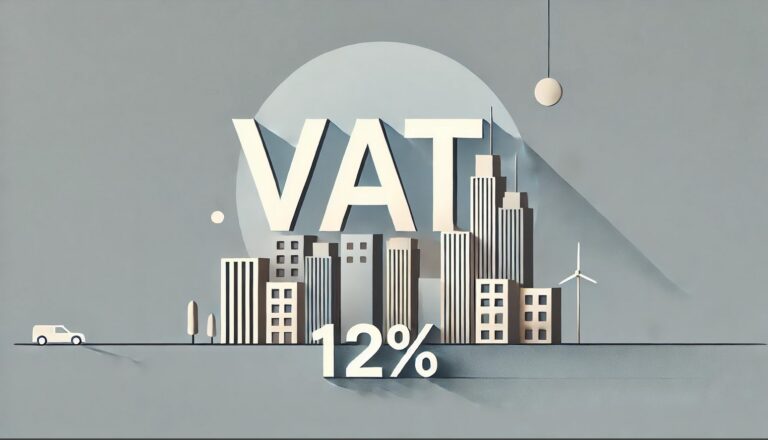Taxes for expats in Indonesia might not be the most exciting topic, but it’s a conversation you can’t afford to ignore.
Whether you’re an expat enjoying working in the tropical climate or a business owner expanding into this country’s potential market, understanding the types of taxes you need to pay is crucial.
This simple guide will break down the key taxes you need to know so you can confidently meet your tax obligations in Indonesia.
Types of Taxes Paid by Expats in Indonesia
1. Income Tax
Foreigners working or earning income in Indonesia are subject to income tax, which includes salaries, business revenues, freelance income, and other sources of earnings within the country. The tax rates and obligations vary based on the individual’s residency status and the nature of their earnings.
Individual Tax:
- Foreigners are classified as either resident taxpayers or non-resident taxpayers.
- Resident taxpayers are those who stay in Indonesia for more than 183 days in a 12-month period or have intentions to reside permanently. They are taxed on their worldwide income. The salary tax rates in Indonesia are progressive, ranging from 5% to 35% depending on the amount.
Corporate Tax:
- Expats running businesses in Indonesia are subject to corporate income tax. The standard corporate tax rate is 22% (as of 2024).
- For smaller enterprises, businesses classified as micro-businesses or small and medium-sized enterprises (SMEs) with annual revenues below IDR 4.8 billion are taxed at just 0.5% of their gross turnover. This reduced rate is available to small/medium-scale businesses for three financial years following their establishment.
2. Withholding Tax
Withholding tax is a tax deducted at source by companies or organizations making payments to other entities, such as suppliers, contractors, or consultants. It functions as a pre-payment of tax on the income received by these entities for services rendered or goods provided.
For example, the withholding tax rate for payments made for technical services, management services, consulting services, and construction services is typically 2%. This means that the company making the payment is responsible for withholding 2% of the payment amount and remitting it to the tax authorities.
3. Final Income Tax
“Final Income Tax” refers to a specific category of income that is taxed at a fixed rate. Unlike regular income tax, which is calculated based on a progressive tax rate and allows for various deductions and allowances, the tax paid on Final Income Tax is generally considered final and cannot be further adjusted.
Some common types of income subject to Final Income Tax in Indonesia include:
- Rental Income: Income from renting out property is subject to Final Income Tax at a rate of 10%. Landlords are responsible for withholding this tax from rental payments and remitting it to the tax authorities.
- Dividend Income: Dividends received from Indonesian companies are generally subject to Final Income Tax, typically at a rate of 10%.
4. Value Added Tax (VAT)
Foreigners purchasing goods or services in Indonesia contribute to the economy through VAT. Indonesia’s new VAT rate of 12% starts to take effect in 2025 to premium services and luxury goods.
This adjustment reflects Indonesia’s efforts to enhance tax revenues from high-value consumption. Foreign entrepreneurs operating VAT-eligible businesses must register for VAT and remit the collected tax to the authorities.
Tax Compliance Easy and Seamless
Tax season in Indonesia can be a stressful time with tight deadlines and complex regulations. For individuals, the March-April period brings its own set of challenges, while corporate tax reporting often requires meticulous attention to detail.
Don’t let tax obligations worry you. Partner with Seven Stones Indonesia for comprehensive tax and accounting services. Our experts will ensure accurate bookkeeping, timely tax filings, and seamless reporting,
Experience easy and streamlined tax compliance. Contact Seven Stones Indonesia on Whatsapp +62 877-7711-7701 or email us [email protected] if you need to learn more about our services.

















